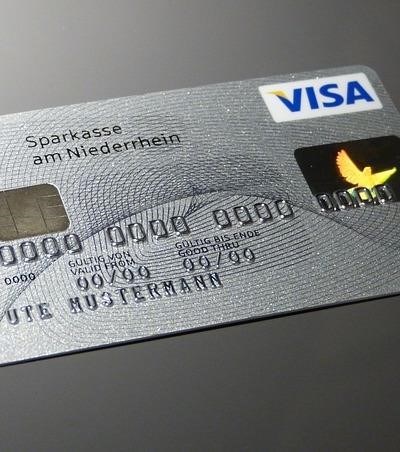
Securing a credit card when you have fair credit can feel challenging, but affordable options exist. Finding a balance between low fees and building your credit score is key. This article explores cheap credit cards and strategies for improving your financial standing.
Understanding Fair Credit
Fair credit typically falls within a credit score range of 600-699. While not considered excellent, it’s better than bad credit. Lenders view applicants with fair credit as having a moderate risk, leading to potentially higher interest rates compared to those with excellent credit. However, many affordable options are available.
Cheap Credit Card Options for Fair Credit
Several credit card types cater to individuals with fair credit seeking low-cost options:
- Secured Credit Cards: These require a security deposit, which typically becomes your credit limit. They are excellent for building credit because responsible use directly impacts your credit score. While they may not offer the lowest APR initially, they are a valuable tool for improving your creditworthiness.
- Credit Cards for Average Credit: Many issuers offer cards specifically designed for those with fair credit. These may have higher APRs than cards for those with excellent credit, but often lower than those for bad credit. Carefully compare APRs and fees.
- Low APR Credit Cards: While harder to obtain with fair credit, some issuers offer low APR cards with responsible spending and payment history. Look for cards with introductory periods of low APR.
- Best Credit Cards for Fair Credit: Researching and comparing cards is crucial. Consider annual fees, APR, rewards programs (if any), and other associated charges to find the best fit for your financial situation.
Building Your Credit Score
Improving your credit score opens doors to better credit card options and lower interest rates in the future. Key strategies include:
- On-time payments: Consistent, timely payments are crucial. Late payments significantly hurt your score.
- Low credit utilization: Keeping your credit utilization (the amount of credit you use relative to your total credit limit) low (ideally below 30%) demonstrates responsible credit management.
- Credit mix: A diverse credit history (e.g., credit cards, installment loans) can positively influence your credit score.
- Monitor your credit report: Regularly check your credit report for errors and inaccuracies. Dispute any discrepancies immediately.
Inexpensive Credit Cards: Finding the Right Fit
The term «cheap credit cards» should be viewed cautiously. While low annual fees are desirable, focus on the overall cost, including the APR. A slightly higher APR might be preferable to a card with a high annual fee, especially if you carry a balance. Affordable credit cards are those that align with your financial goals and responsible spending habits. Remember, building credit takes time and discipline. Choose wisely and prioritize responsible credit management.
This article provides a clear and concise overview of the options available for individuals with fair credit seeking affordable credit cards. The explanation of fair credit and the different card types is easily understandable, making it a valuable resource for those navigating this specific financial situation. The emphasis on responsible credit use and strategies for improving credit scores is particularly helpful.
A well-structured and informative guide to securing a credit card with fair credit. The breakdown of secured cards, cards for average credit, and low APR options is practical and insightful. The inclusion of advice on building credit scores adds significant value, making this a comprehensive resource for anyone looking to improve their financial standing and access better credit options.